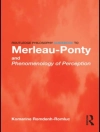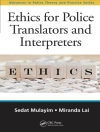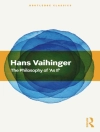Few would dispute that the well-being of individuals is one of the most desirable aims of human actions. However, approaches on how to define, measure, evaluate, and promote well-being differ widely. The conventional economic approach takes income (or the power to acquire market goods) as the most important indicator for well-being, and the utility function as the formal device for positive and normative analysis. However, this approach to well-being has been questioned for being seriously limited and other approaches have arisen. The capability approach to well-being, which has been developed during the last two decades by Amartya Sen and Martha Nussbaum, and the Happiness Approach to well-being, championed by Richard Easterlin, both provide an alternative. Both approaches come from different traditions and have developed independently, but nevertheless aim to overcome the rigid boundaries of the conventional economic approach to well-being. Given these common aims, it is surprising that little comparative work has been undertaken across these approaches. This book aims to correct this by providing the reader with contributions from leading names associated with both approaches, as well as contributions which evaluate the approaches and contrast one with the other.
Luigino Bruni & Flavio Comim
Capabilities and Happiness [PDF ebook]
Capabilities and Happiness [PDF ebook]
购买此电子书可免费获赠一本!
语言 英语 ● 格式 PDF ● ISBN 9780191559716 ● 编辑 Luigino Bruni & Flavio Comim ● 出版者 OUP Oxford ● 发布时间 2008 ● 下载 6 时 ● 货币 EUR ● ID 2274178 ● 复制保护 Adobe DRM
需要具备DRM功能的电子书阅读器












